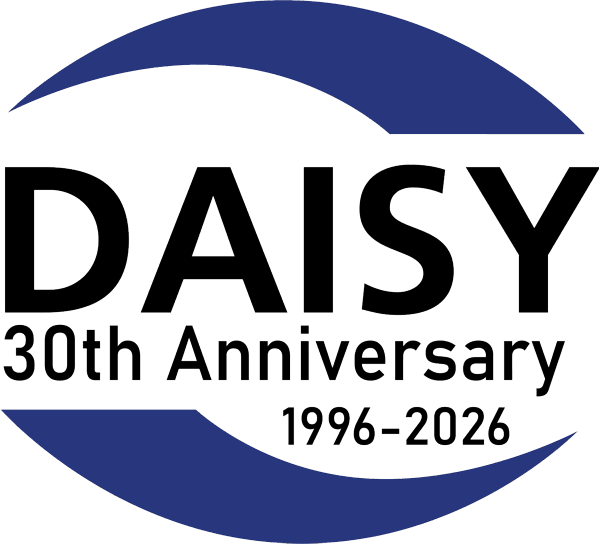Download and Installation
Menu
Prerequisites
Java
The server and the desktop application require a Java runtime environment. Windows and Mac users do not have to worry about Java because it is included in the DAISY Pipeline installation. Linux users however are on their own. The minimum required version of Java is 11. We recommend installing Java from https://adoptopenjdk.net
Downloads
Pipeline Command Line Tool
To download the Pipeline Core packages: which you should use if you are running the Pipeline via the shell/command line, or as an embedded service:
DAISY Pipeline Core binaries (platform independent)
To get the sources and older versions visit Pipeline Core SourceForge Downloads
Pipeline GUI
To download the latest version of Pipeline 20111215 with its cross-platform GUI:
See the release notes for more information and you can also visit the Pipeline GUI SourceForge Downloads to get older versions.
Installation
On Windows XP
Once you have downloaded DAISY Pipeline GUI for Windows:
- Launch the downloaded installer: PipelineGUI-versiondate_setup.exe
- Follow the installation instructions.
On Mac OS X
Once you have downloaded DAISY Pipeline GUI for Mac OS X:
- Mount the PipelineGUI-versiondate.dmg disk image (with double-click or cmd-down).
- Make sure to read the README file.
- Copy the DAISY Pipeline application to the folder of your choice
Note: the disk image comes with an installer for the external utility tools used by some Pipeline transformers. If you want to install these tools, launch the External Tools installer and follow the instructions.
On Linux(es)
Once you have downloaded the DAISY Pipeline GUI for Linux:
- Create a directory on your local file system where you want to install the application.
- Extract the content of the PipelineGUI-versiondate.tar.gz archive to the newly created directory.
Note: you may want to create a shortcut to the Pipeline executable for convenient access.
Guides are also available for installing:
Configuration
Paths to third party executables are configurable in the Preferences dialog, in the Window menu item.
Note: on Windows and Mac OS X the installer takes care of setting the right paths and installing the required third party tools.
The paths that may be set are:
- Temporary Directory—to store temporary files. This directory must be set, and write access to it must be enabled.
- LAME executable—A path to the LAME executable which must be set if you want to run a script that includes MP3 encoding. Information on how to install LAME is available in Installing the Lame MP3 Encoder for use within the DAISY Pipeline
- ImageMagick convert executable—A path to the ImageMagick convert executable which must be set if you intend to run the WordML to DTBook script with image conversions. Information on how to install ImageMagick is available in Installing ImageMagick for use within the DAISY Pipeline
- SoX executable—A path to the SoX (Sound eXchange) executable used on Mac OS X for speech synthesis.
Advanced Configuration
Using a non-default Java virtual machine
In order to run DAISY Pipeline using a non-default (not the one found on the system path) Java virtual machine (JRE), use the -vm [JRE path] command line parameter when starting the GUI.
Displaying the browser widget on Linux
If the browser widget used for the DAISY Pipeline GUI doesn’t work, it can be configured by following the instructions at eclipse.org.
Uninstalling the Pipeline
To uninstall Pipeline, simply delete the directory to which you extracted the Pipeline application archive during the installation process.
On Windows XP
Use the Pipeline uninstaller available in the Pipeline installation directory.
On Mac OS X
Delete DAISY Pipeline application from the applications directory.
On Linux(es)
Delete the directory to which you extracted Pipeline application archive during the installation process.
